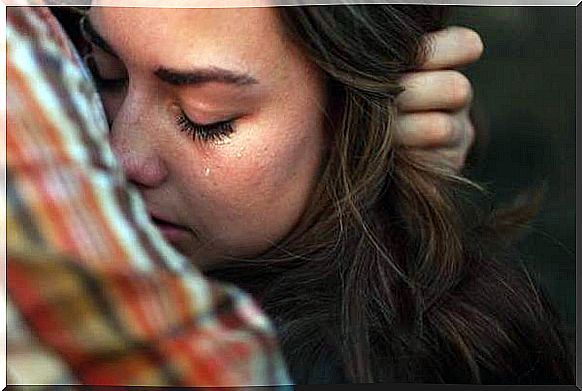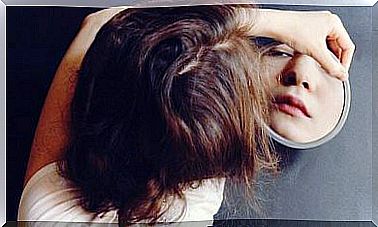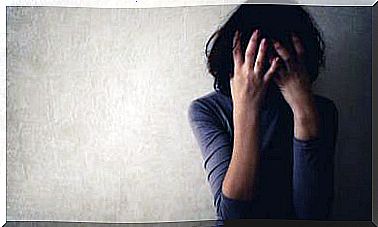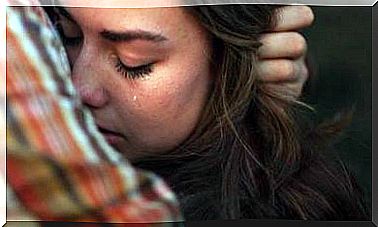The Importance Of Funeral Rites In The Grieving Process

Surprisingly, not only do humans practice funeral rites, but so do some animals. Obviously, in our species these rites have a greater elaboration and variety than in others. However, this fact already suggests to us the importance that these rituals have.
Scientific evidence tells us that death is an absolute and determining fact. As much as it is a natural event, it is nonetheless a mystery. In turn, everything mysterious usually has a sacred connotation, to a greater or lesser extent. For this reason, in all cultures and at all times, since the human is human, there are funeral rites.
Likewise, death opens the door to infinity. It represents a transformation so radical that we cannot accept it as a common fact (even if it is the most common of facts). For that we need funeral rites: to accept death, to process the feelings that it causes us and to stage a point of change.

Funeral rites and acceptance
Funeral rites are a very important part of the grieving process. Basically, they are a pause in the routine to start the acceptance process, one of the most difficult and disconcerting in grief. They help, both collectively and individually, to admit the existence of a loss.
Part of that acceptance process involves a last contact with that person who died. Although we know he is dead, we probably feel the need to reach out to that person to thank him, acknowledge his good deeds, or to put ourselves at peace with him in some way.
In Totem and Taboo , Sigmund Freud points out that very often the dead become a persecuting presence. Our infantile unconscious and some religious or popular beliefs, would lead us to think that they passed to an unknown plane and acquired powers over the world of the living. They could “return” to “settle accounts.” Looking at it from this current of thought, that is why we would like to be at peace with them.
Death and the haunting ghost
In one way or another, every deceased person haunts us. Whether we believe in the spiritual world or not, all dead “return” to our lives. Very often we experience guilt when a person dies. Guilt because he is dead and this plunges him into a kind of loneliness that we are completely unaware of.
He also blames because we have “the advantage of life” over him. And, obviously, blame for what “we should have said and did not say”, for what “we should have done and did not do.” We easily begin to take inventory of all the supposed mistakes that we made with that person and can no longer repair.
That fault is “the deceased person, pointing us out.” Chasing us. Funeral rites also serve to moderate and manage those persecutory feelings that take over us when someone dies. They give us an opportunity to start that process of putting ourselves at peace with the one who left and with ourselves.

The rite and expression
Funeral rites also give us a very valuable opportunity: to express our pain out loud, without being judged for it. In these rituals there is a kind of social “permission” to cry, to be sad and even to experience a certain lack of control. Outside of those rituals, this type of behavior becomes somewhat suspicious.
The fact that pain is lived collectively also provides comfort. Although each person experiences suffering in a particular way, in funeral rituals the pain is shared and this comforts. Its effect is very positive, especially in that initial moment where stupor prevails and the temptation to deny reality gains strength.
The company of others provides the opportunity to express the feelings that are experienced by the person who left. Talking about that person and giving each other feedback on their memory is something that nuances the pain. In this sense, it also plays a clearly effective therapeutic role in these situations.
Funeral rituals, finally, are also a way of honoring the memory of the one who left. It is an act of consideration, respect and appreciation. It may not be of much use to the deceased person, but it does allow the living to configure gestures of affection and lavish them. Posthumous expressions that at least leave the feeling of “having loved” for the last time. That fact alone gives meaning to the farewell rituals.









